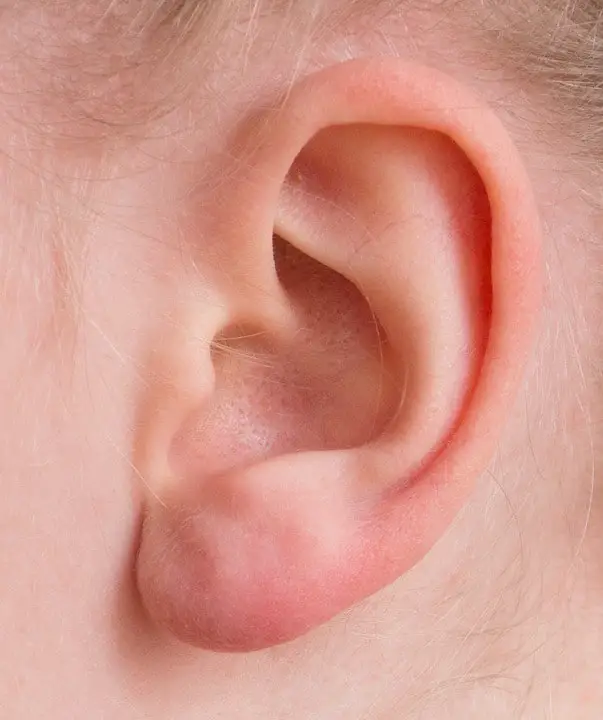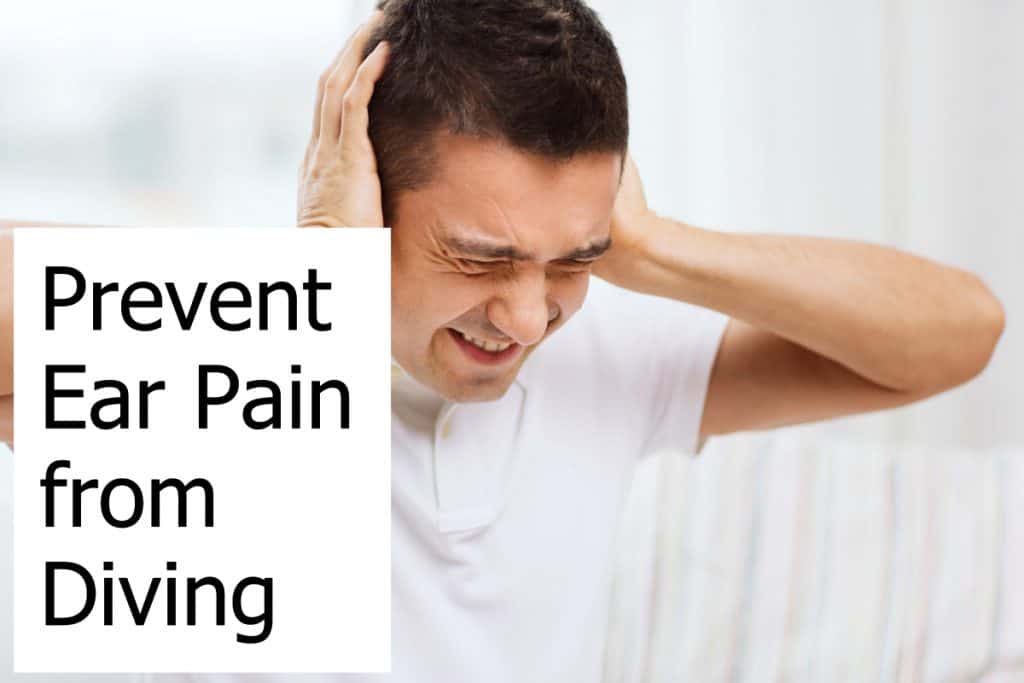How to Prevent Ear Pain from Diving
A health concern that has become common, while diving, is ear pain. Although most people do not have health issues concerning their ears, heading down into deep oceans can trigger this health concern.
Diving is a sport that has become quite popular over the years. In fact, diving has risen in popularity in almost every country that has access to oceans or other bodies of water. When people decide to take part in the sport, having the proper technique is not only a necessity for the activity, but it is also a requirement for the health of all divers.
Understanding why diving triggers ear pain, how to prevent it, and how to fix these ailments can make all the difference in the world when taking part in this wondrous underwater sport.
Development of Ear Pain
When you jump in the ocean, you will notice the water has quite an impact on your body simply because your surrounding environment is changing. This happens when you go on an airplane, as well, because the pressure will be different than what your body is used to on a normal day-to-day basis. When you submerge your body in water, it lets you float, swim, and breeze through its substance. Yet, water also acts as pressure against the human body.
The biggest reason you with develop ear pain is because the pressure of the outside environment you are in is different than the pressure inside your middle ear. This is called “ear squeeze” because the air does not flow through your ears fast enough, even though the tunnel in your ear is opening up to allow it in.
If you do not let the pressure equalize, your eardrum will be in danger of popping. It can heal, but diving will have to stop during that time. If the pressure does not clear, you may come out of the water with something called barotrauma, which causes lingering pain after you dive.

Ear pain often occurs when there are respiratory issues, such as allergies or colds, that are not cleared up. Any bit of mucus will contribute to your ear pain because it will interrupt the natural equalization process.
Acting on the Pain
When you are in the water, you want to make sure that you allow air to flow through your ears when the tunnels of your ears open up. The pressure needs to stabilize in your ears when the pressure of your environment changes.
When you go down underwater, you want to make sure that you yawn, swallow, and allow air through your ears. There are a number of equalization techniques that you can apply to prevent any issues with pressure in your ear. You, also, want to let the pressure change at a rate that your ear can catch up with. Doing this can help with your ear pain.
You may want to float up if you notice pain in your ears because your ear may need to catch up. Sometimes, you will receive ear pain because the pressure changes at a quick rate and your ear does not have enough time to catch up.
It is suggested to descend in the water at a rate that your body can handle. You may, also, want to look up while you are descending. This can help with the transition.
How to Prevent Ear Pain
Ear pain usually comes if you have respiratory issues when you go diving. You want to make sure that you do not eat anything that will increase mucus production in your body, such as dairy products.
You also want to avoid diving if you have a cold. Although cold medicine can sometimes help, it is best to still wait until your cold clears up.

Additionally, you want to go through the equalization process throughout your descent in the water. You can start this before you even enter the water, by slowly blowing out of your nose.
It is suggested to be gentle with it and descend at a slow rate. The deeper you go down, the more you will need to equalize because the pressure will get stronger.
Making sure that your diving mask is clear of water at all times can also help with the prevention of ear pain. This can help keep your sinuses clear, so you do not produce large amounts of mucus while you are underwater.
This will make the process of equalizing successful. Most importantly, you want to be gentle with your ears while you are underwater. This is said to be the number one rule in diving. When the pressure equals out, you will feel the difference.
Conclusion
Diving is a sport that many love to take part in. When divers decide to head into the abyss of the ocean, sustaining proper health can make all the difference in the world. Understanding why ear pain develops, acting on the pain, and preventing it before heading into the ocean can help make any diver’s experience more enjoyable and successful, in the long run.


